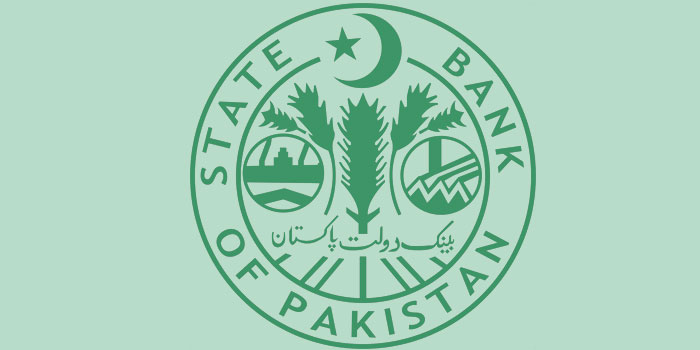State Bank of Pakistan (SBP) has set up a requirement of Rs 200 million for paid-up capital for Third Party Service Providers (TPSPs) aimed at initiating its business to provide inter-operable services to branchless banking companies’ operators and banks offering mobile banking services.
The banking regulatory also made it mandatory for TPSPs to maintain at all times at least ten percent (10%) of the required capital or any other amount prescribed by SBP from time to time, as security deposit at the central bank.
Five percent (5%) of the security deposit will be kept in a non-remunerative current account with the SBP Banking Service Corporation Office and five percent (5%) in the form of Government securities to be kept under lien at the same department.
TPSPs will have to invest in additional millions on infrastructure besides fulfilling the paid-up requirements of the central bank as per regulations rolled out jointly by State Bank of Pakistan and Pakistan Telecommunication Authority (PTA) on Mobile Banking Interoperability 2016.
The existing one-to-one arrangements of commercial banks or microfinance banks with telecom operators for mobile/branchless banking services would continue without requiring a separate license from PTA.
In future, banks/microfinance banks / Authorized Financial Institutions (AFIs) desirous of offering mobile banking services will have the option to enter into arrangement either with telecom operator(s) and or with TPSP(s) duly licensed by the PTA and authorized by SBP.
The Authorized Financial Institutions desirous to offer Mobile Banking services could also be partners of Third Party Service Providers and / or Telecom Operators but they shall require prior written approval of State Bank of Pakistan.
TPSPs, telecom operators and AFIs shall have infrastructure to support high availability of services in normal circumstances and ensure network and application redundancy arrangements and proper disaster management/back-up recovery systems to ensure smooth operations in case of disruptions.
All charges / fees structure and income sharing have to be pre-agreed among the AFIs, TPSPs and telecom operator(s) in a transparent manner. The fees structure should be devised in manner which is commensurate with the mobile banking services standards and the same should be disclosed to the consumers, the regulations
The TPSPs shall ensure the integrity of transactions and consumer data, consumer sensitive data and customer financial data during its transit and / or storage in their respective networks till delivery to consumer’s terminal in accordance with the rules / regulations framed under the Act and terms / conditions of respective licenses/designation including: i. Security, quality of services, encryption arrangements; and Secrecy, confidentiality, authenticity and non-repudiation of technical and financial transactions.
For provision of technical services for mobile banking through SMS, USSD and other protocols as allowed in SBP’s Branchless Banking Regulations, TPSPs and/ or telecom operators shall obtain short codes from PTA where applicable. The AFIs and TPSPs shall ensure secrecy of all mobile banking transactions in accordance with all the applicable laws, rules and regulations.
TPSPs, telecom operators and AFIs shall meet the relevant quality of service benchmarks issued by SBP and/or PTA from time to time regarding network availability, resource availability and reliability, priority SMS, message delivery and security standards required for protecting consumer data, consumer sensitive data, customer financial data as well as consumer rights protection.
The TPSPs shall not perform any banking functions but TPSPs should be capable of channeling, switching and routing branchless/mobile banking transactions on real time basis.
However, AFIs shall be liable to their customers for any financial loss, fraudulent activities, and its consequences thereof in accordance with the applicable laws.
The AF(s and TPSPs shall be required to retain complete record of all transactions in electronic form in a manner as provided under section 6 of Electronic Transactions Ordinance, 2002 and for a period of at least five years from transaction date or as may be determined by SBP.
These regulations shall be for interoperability purpose within branchless banking domain, whereas Payment System Operators and Payment System Providers (PSO/PSP) shall provide an electronic platform for clearing, processing, routing and switching of electronic transactions under Rules for Payment System Operators and Payment Service Providers issued and as amended by State Bank of Pakistan from time to time.


























Isn’t this is much old news & already shared in propakistani months back?